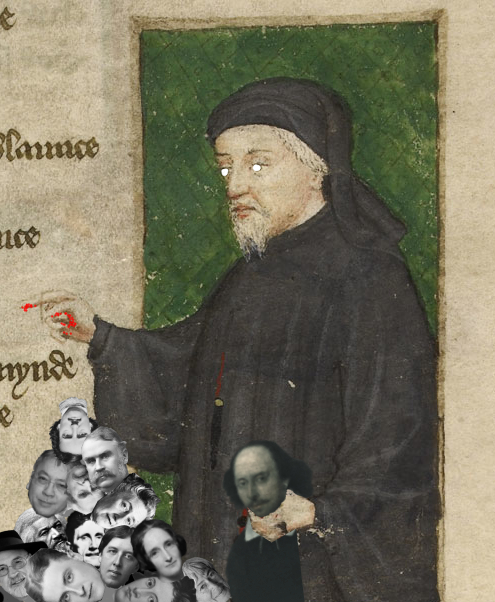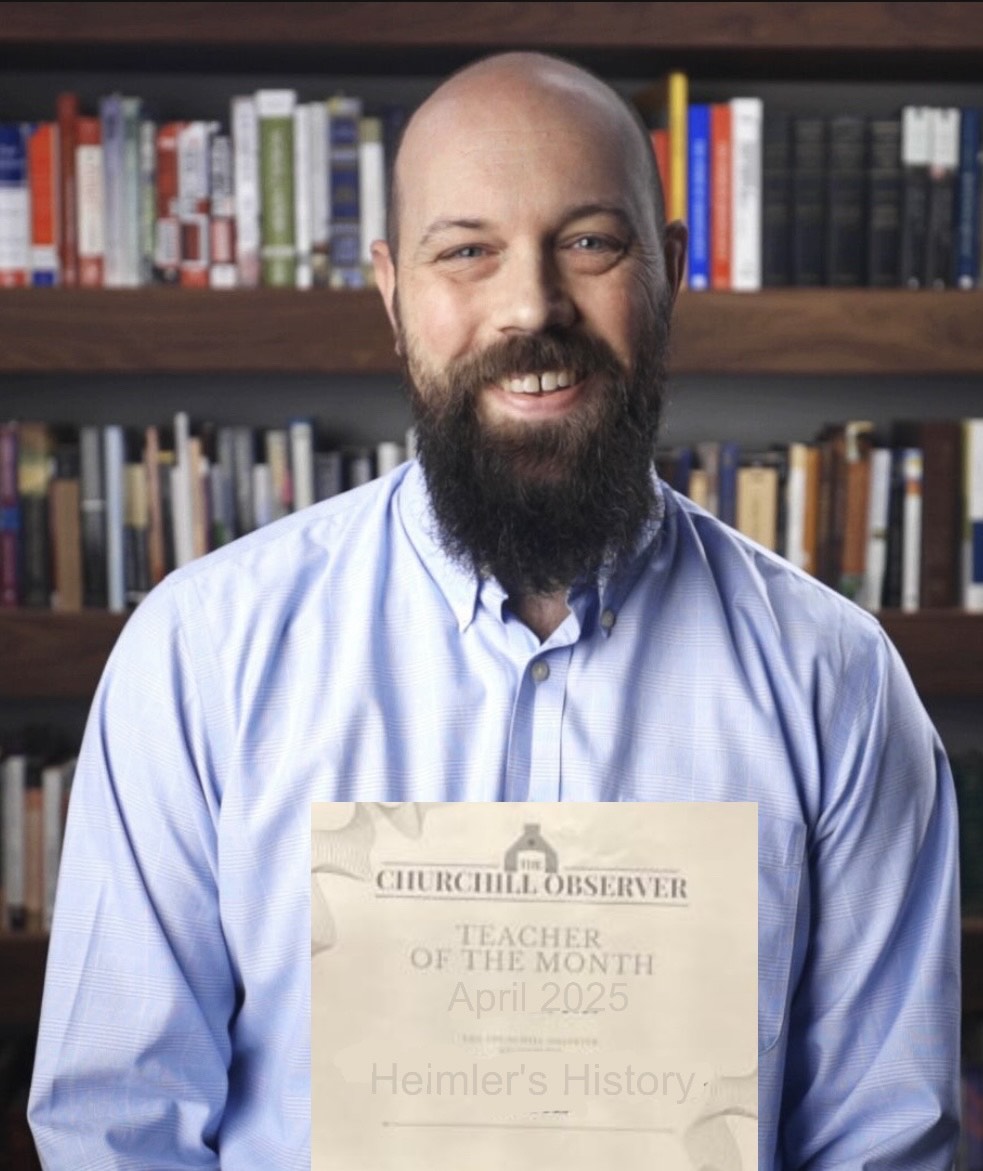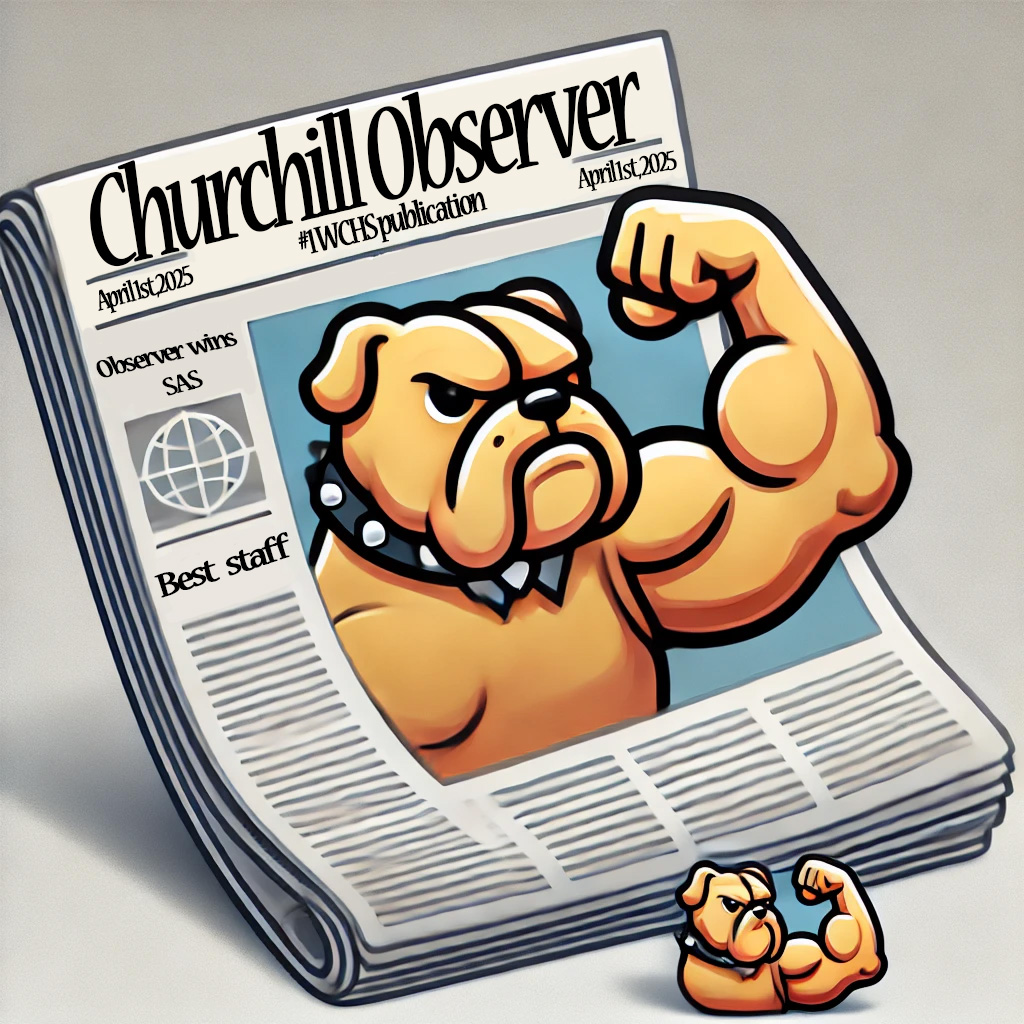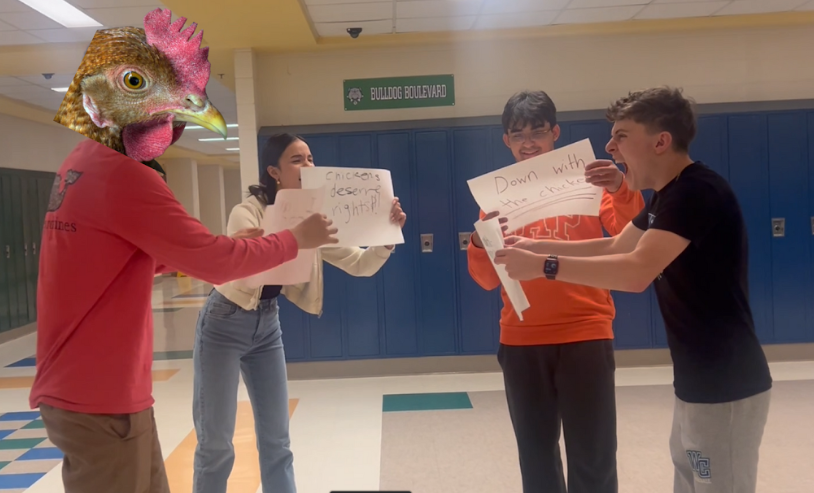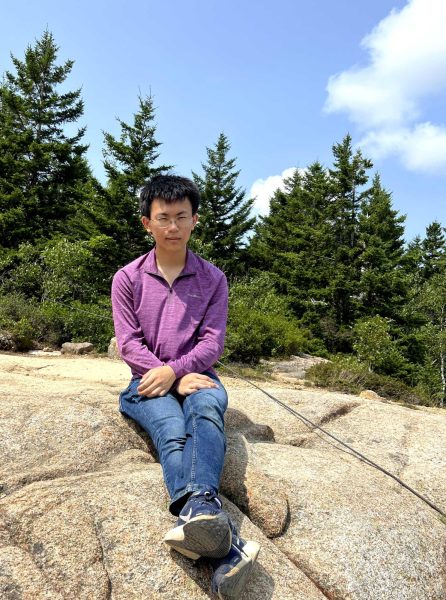Whan that Aprille with his shoures soote, the droghte of Marche hath perced to the roote, and bathed every veyne in swich licour of which vertu engendred is the flour, techeres goon homward and ychosen an Englisch langage ferther a-gon. The yonge tonge of Shakespeare namoore schal ben in AP English at WCHS, but Englisch Nyne and Ten dwellen in the langages most newe schafte. The craft so long to lerne, and so sodeynly gan, that everichon, techers and students bothe, didde dispende mony houres on the English ful yore agon, and musen al the nyght with open ye.
“It was frustrating when they first started,” WCHS sophomore and student of Englisch Alis seyde. “I felt like our writing was already graded as though we understood Middle English. Luckily, teachers gave us more time to write; an essay that might previously have been crammed into a single period got two or three. It still felt very frantic, but I certainly feel much better now after practicing so much in class and at home.”
Penne to paper a-gen and a-gen, the studients writen of the speche that ones in Albions lond yshon. Er prente, English hadde been ful diverse, als no wight koude benden the langage al hool. Maugree they didde not feel boun, greot they shewen. No lasse divers than in the stoundes swych scoles of spaeche first were said ben hir sondry writings. Soothly, it is not symple to lerne so blyve, but ful weel they haunten it.
“I have been very impressed with what my students have come up with,” WCHS Englisch techer Geoffrey Miller seyde. “Most of them were very committed and picked it up very quickly. For many students, it was both unfamiliar and uncomfortable, but they are doing great. We wanted to really let students immerse themselves into the language and culture of this period. I feel like we have been successful so far.”
Atte scole, Miller woot the fruyt of this lerning is not parfit, but he hath no wanhope, for thogh they bigan a wowke agon, the students lernen anon. Trewely, never hadde they bileven the Englisch newe, syn thilke day that they were children lite.
“It is very different from what our students have done before,” Miller seyde. “It is still an important part of what makes English English. I hope that going back to Middle English has been very eye-opening.”
Certes, after seven hundred yeers of chaunge, the English of Chaucers tyme has ouer-sen bee, in prente and eke in speech. Now it is ones moore myghty. They wende agayn the days and yores for to lerne and eek to sing and pleye in the divers tonge of the olde stories with ful glad herte.
“This is fun,” Alis seyde. “In a way, Middle English gives me a really freeing way to think about language. Today, we have quite a few dialects and a couple of ways to spell things, but there was so much more variety back then. I am glad we covered it.”


